Johanna Björkman Landström of Portixol Group
Forward-thinking hospitality that stands the test of time
When Portixol Hotel opened in 1999, its founders – Johanna Björkman Landström and Mikael Landström, who stumbled into the hospitality industry almost by accident – were at the forefront of a new wave of hospitality in Mallorca. They transformed a derelict area into a vibrant, sought-after destination, setting a new standard for the island’s hospitality industry.
Having visited the property multiple times over the years, we’ve always been impressed by how they’ve managed to keep it feeling so alive. Here, Björkman Landström discusses the strategies and design choices that have kept their hotels relevant and beloved by guests for over two decades. She also reflects on how they have integrated their project into the local community, ensuring that their success contributes positively to the broader environment and society.
Photography by Johanna Gunnberg
Share
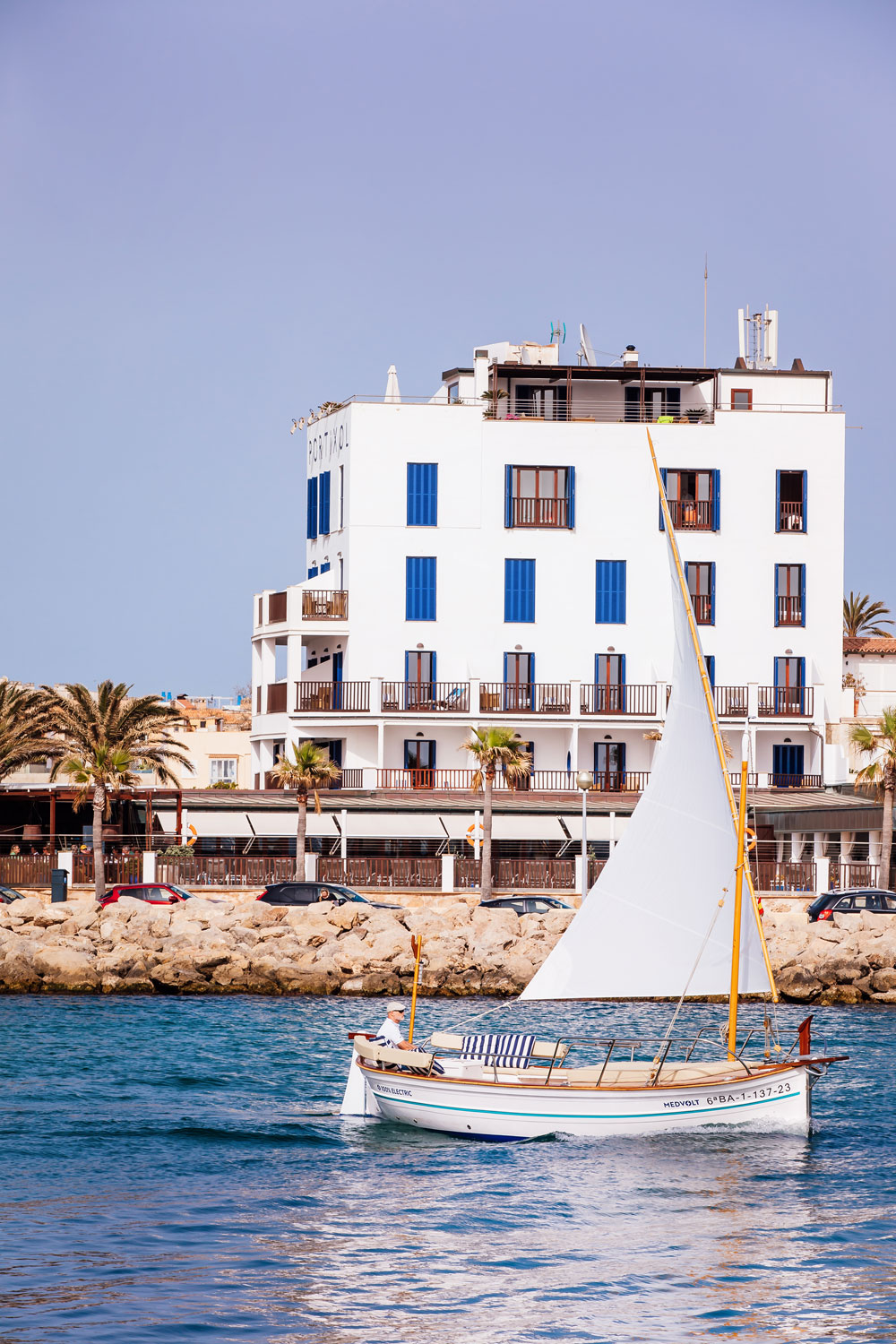

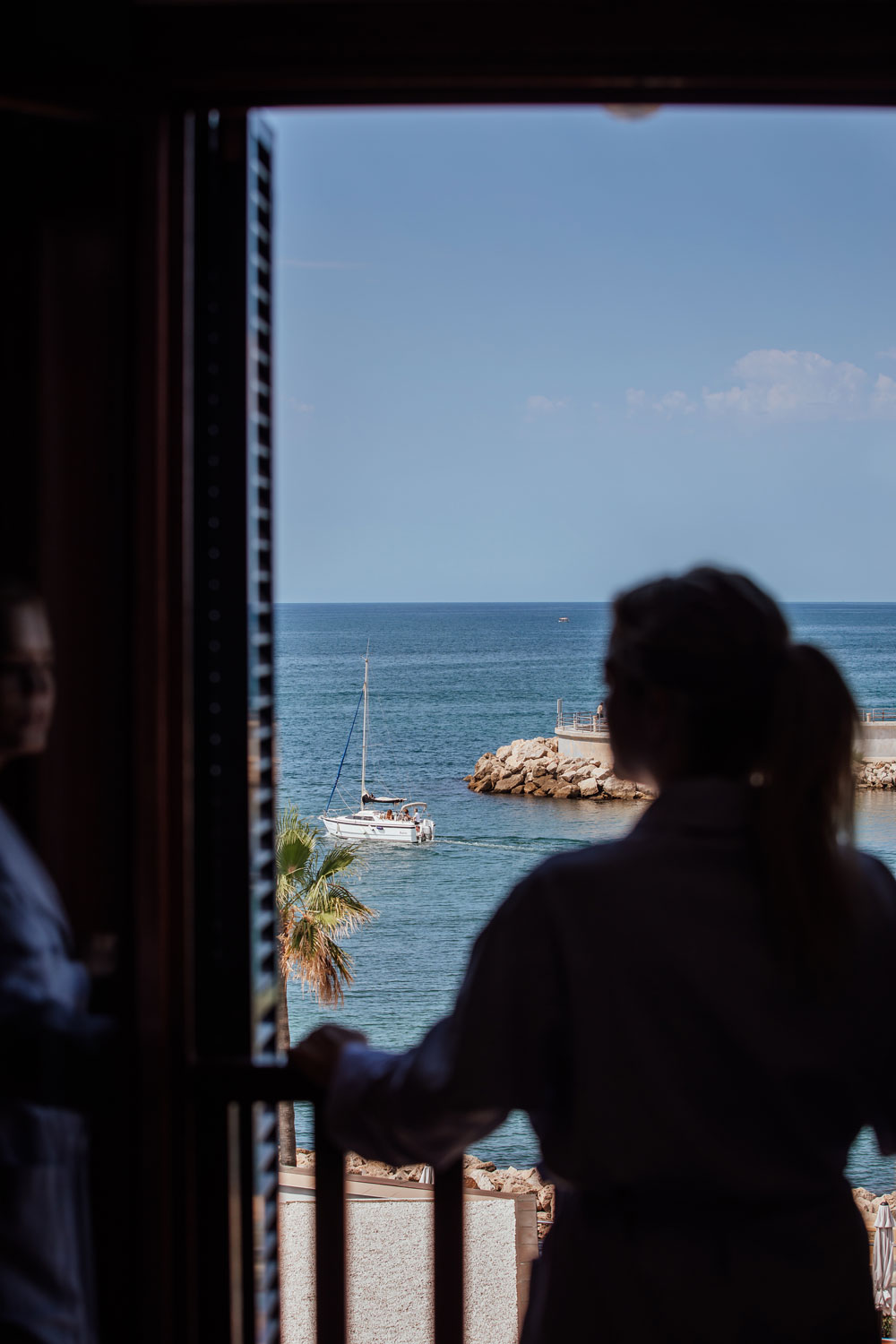
“There was a demand for unique hotels and experiences …”
Q:
Your first hotel project in Mallorca was Portixol Hotel in Palma de Mallorca, which not only became a huge success but also revitalised an entire neighborhood. What made you decide to invest in Portixol?
A:
First and foremost, the buildings we had the honour of taking care of were fantastic in themselves. That was the first thing we considered – we wouldn’t demolish anything; we would just refine them. For us, it was obvious to preserve as much as possible, as blending the old with the new creates a good atmosphere.
When it comes to reinvigorating the whole area, we were the ones who started it, but have to say that many others followed in our footsteps. Initially, the area was quite rundown; the beach was filled with drug paraphernalia, and when we talked to people about Portixol, they said it was a no-go area. But when we opened the hotel and it was operational 24/7, a lot of the troublemakers disappeared. It was thanks to the hotel that the area improved, and property prices increased as well.
It really was a bold decision. We were quite confident in our plan, Mallorca being centrally located in Europe with a large airport and plenty of connections. We were convinced that people would want to stay in different kinds of hotels than those the island previously offered. This gave us confidence, even when we embarked on a large project like Espléndido in Sóller and later Palma Sport & Tennis Club, which is much bigger and located outside Palma. There was a demand for unique hotels and experiences, which gave us reassurance in our decisions.
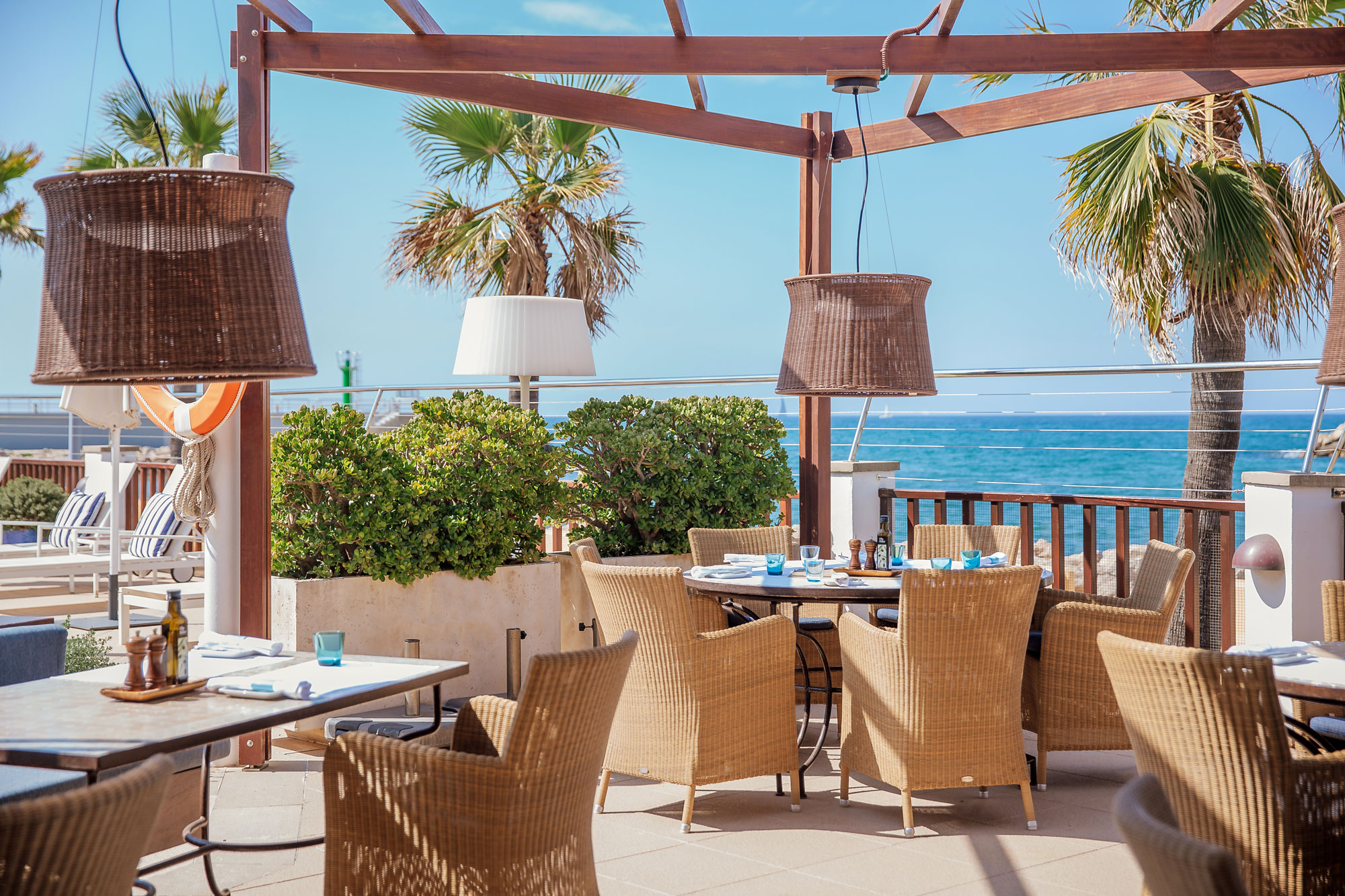
“We wanted our hotels to become the destination rather than just Mallorca itself.”
Q:
A:
We wanted our hotels to become the destination rather than just Mallorca itself. And we really succeeded in that. Our guests would always book with us first and then plan their trip. We have many returning guests – families, friends and their friends.
In a sense, we all become a bit like a family. Our staff stays with us for a very long time too. We have people who have been with us for 25 years, which is fantastic. Their children have grown up with the hotel and sometimes even started working there. It has created a very familial atmosphere and yet remains inclusive for new guests and curious visitors.


“[Guests] now demand sustainability in a way they didn’t before.”
Q:
A:
Sustainability has always been important to us. As Swedes, we have long been taught to take care of nature. When we arrived here, sustainability practices like recycling were quite new and not as common. But we try to work as sustainably as possible realising that our resources are finite. I feel it’s becoming increasingly important for our guests as well – they now demand sustainability in a way they didn’t before.
We’ve worked on everything from waste management and solar panels for hot water to using organic cotton in our linens and uniforms. Social sustainability is also important, and I think we’ve succeeded in that area too. In the beginning, Portixol was trendy, but trends are fleeting. Now we have a sustainable and loyal customer base consisting of both visitors and locals that continues to appreciate what we do.
Many hotels talk about sustainability, but it’s important to see through greenwashing and genuinely create sustainable practices. Tourism isn’t always sustainable by nature, but we can do our best by educating our staff and guests. On an island like Mallorca, waste is a big problem, and we try to collaborate with local authorities to find effective solutions.

“It’s crucial to maintain good relations with the local population and be a responsible employer.”
Q:
A:
Overtourism is a concern that tends to flare up every summer, especially in Mallorca. While tourism is the main industry on the island, which many people depend on, I understand why locals might feel frustrated. The island doesn’t have a lot of other industries like factories, so the economy relies heavily on visitors.
To address these concerns, it’s crucial to maintain good relations with the local population and be a responsible employer. We have many Mallorcans who dine in our restaurant, not just hotel guests but also locals who come for lunch and dinner. We are highly regarded on the island, both as an employer and as a restaurant. We always strive to work with Mallorcans at all levels and maintain a strong relationship with the local community.
I believe that by being attentive to the needs of the local population and ensuring that tourism benefits everyone, we can help mitigate some of the concerns about overtourism.
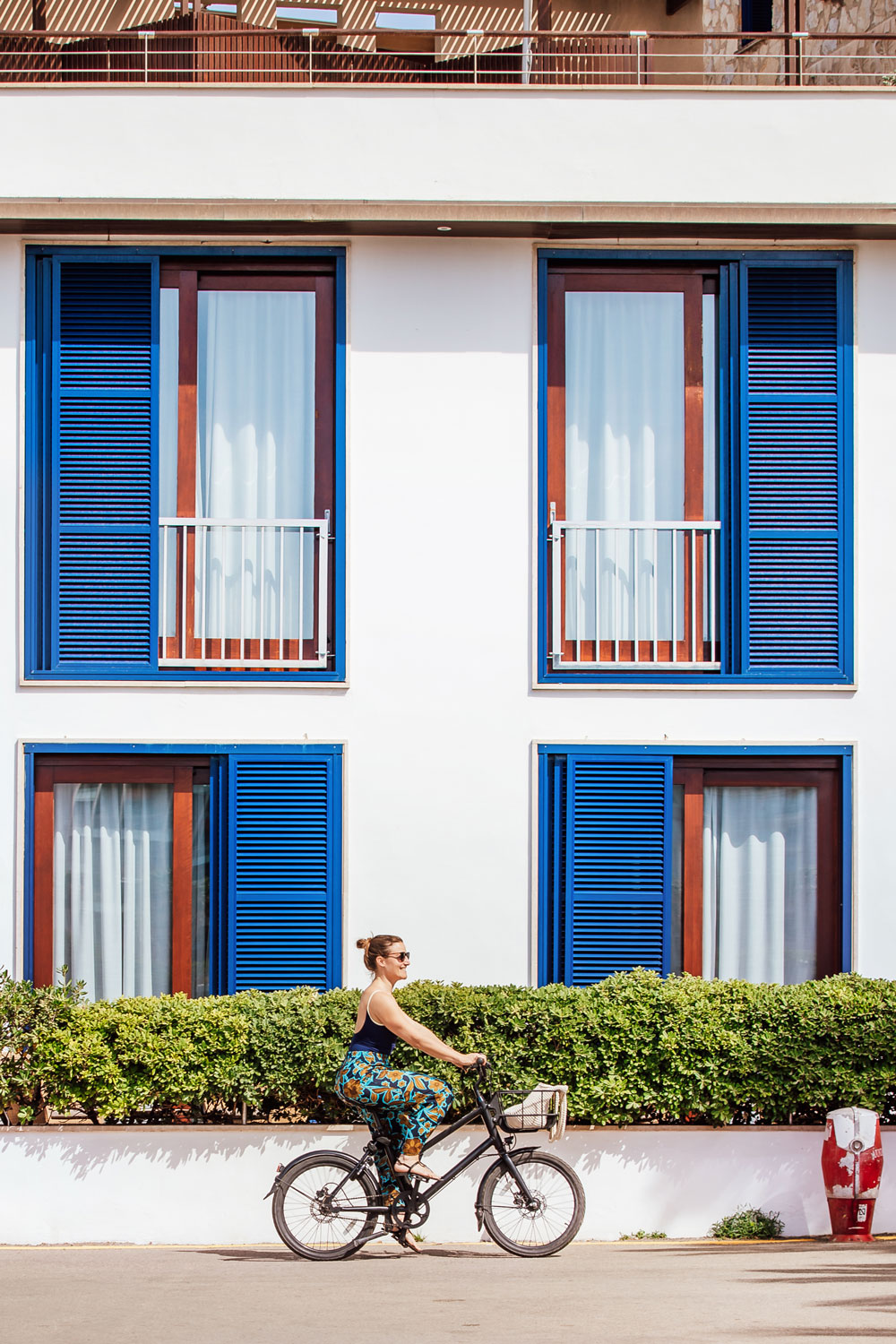
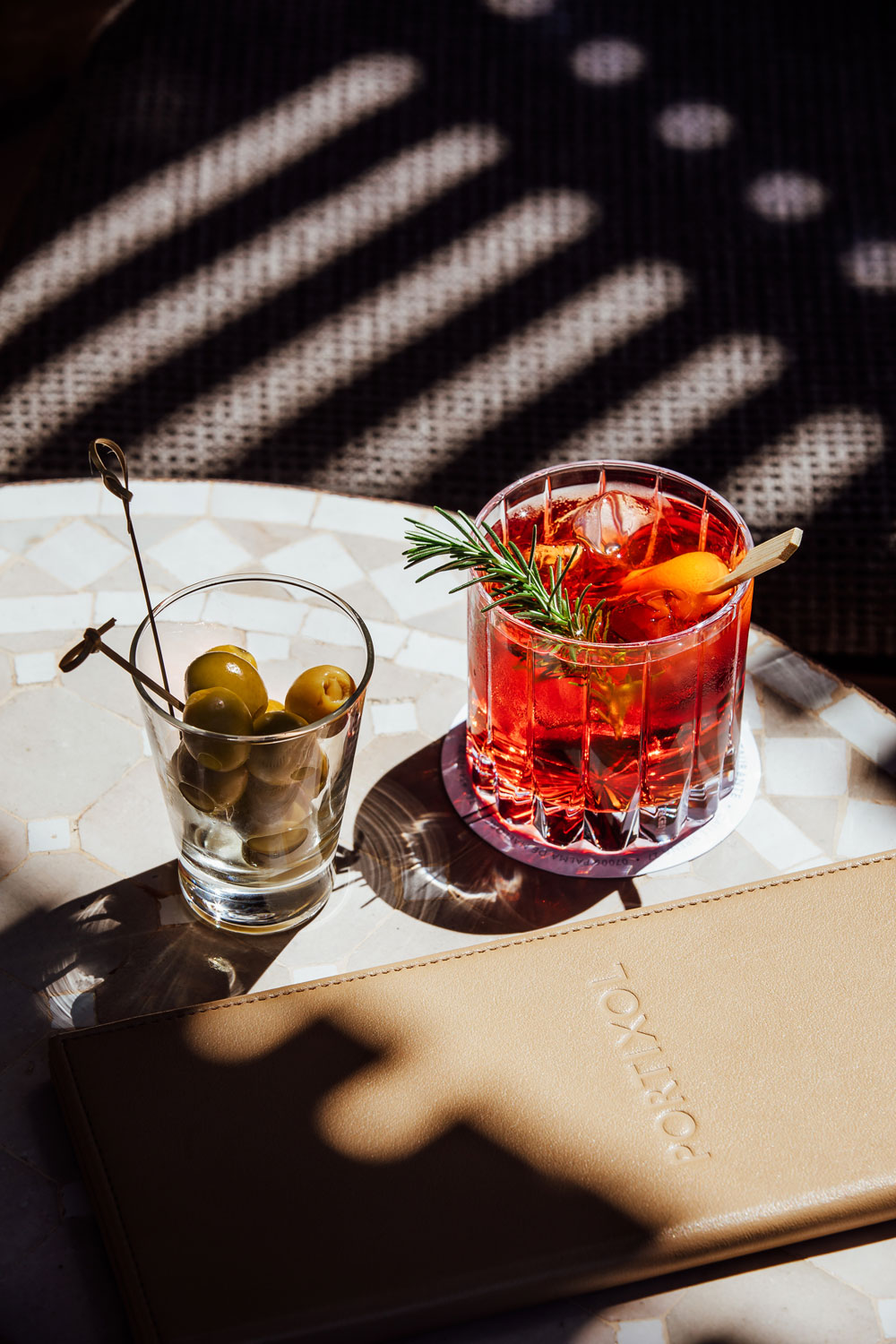
“We make small adjustments all the time.”
Q:
A:
Design has always been central to our projects, incorporating both Scandinavian and Mediterranean influences. In the beginning, I would sit with piles of magazines, tearing out pictures – this was a long time ago – and collecting colour samples and fabrics. I created mood boards that way. 25 years ago, the island itself didn’t offer much in terms of interiors, so I had to travel to places like Barcelona and Amsterdam to look at fabrics and other materials.
I believe the key to our success was not following the trend of minimalism that all design hotels were going for at that time. We ignored that and made it cosy instead. We wanted people to feel comfortable. I often felt that other design hotels didn’t provide that comfort. We wanted our guests to feel at home in the environment.
Over the years, we’ve made changes slowly, never anything drastic. Guests should always feel like they are stepping into Portixol and recognise it, even if we’ve made some updates. We make small adjustments all the time.
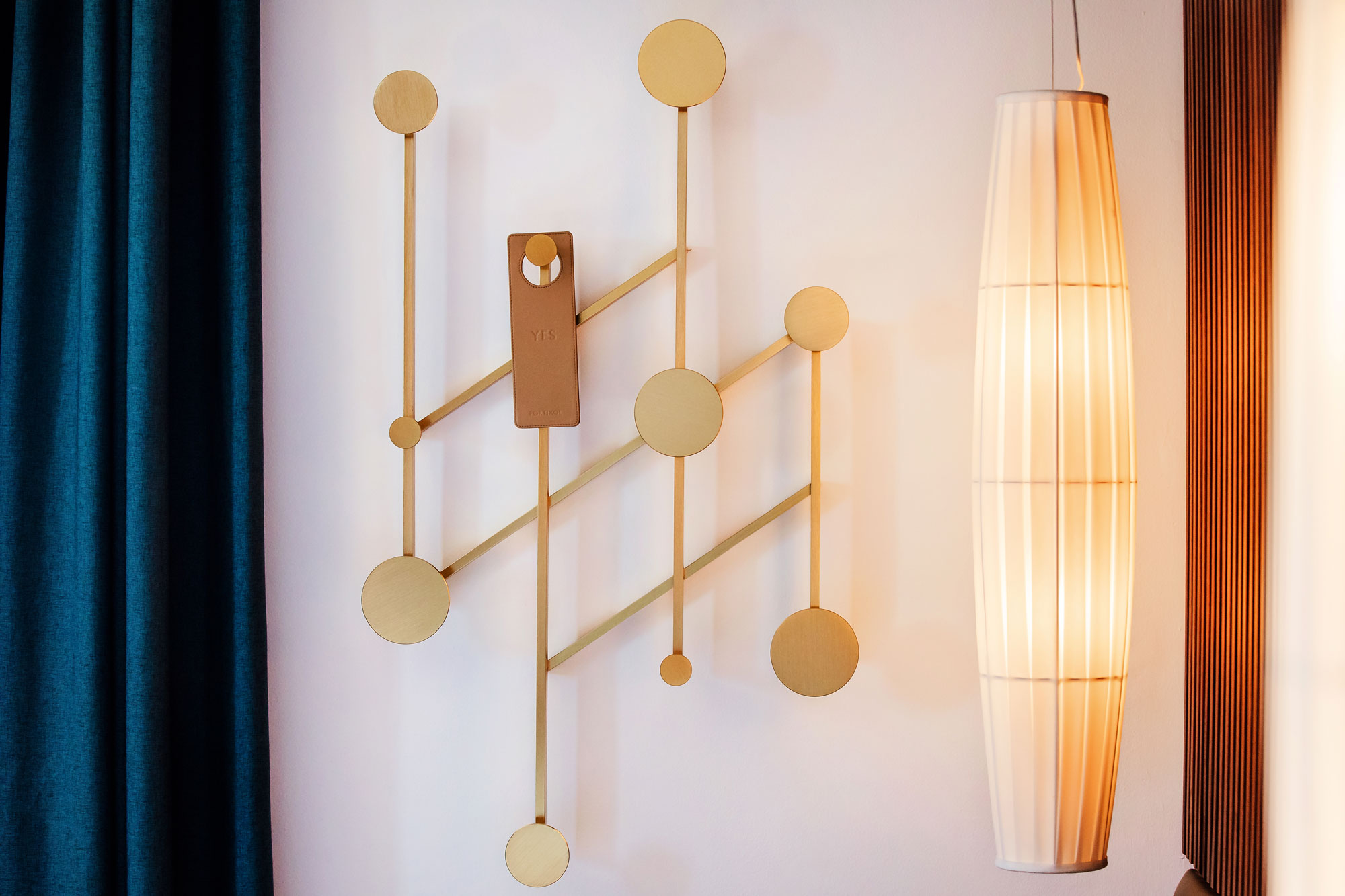
“Lots of people appreciate personal contact, the analogue experience, and the tactile aspects.”
Q:
The hotel industry is constantly evolving. How do you stay at the forefront and remain relevant?
A:
We must never stop striving for improvement. We always have to do our best and never let standards slip. You see many places that deteriorate over time, but it’s about continuous maintenance of both staff and buildings. We’re now introducing an app, even though I’m not particularly fond of such things. I believe our guests prefer going to the reception and talking to Theresa or Jorge rather than receiving a text message on an app.
Since our very first visit to Portixol Hotel some twenty years ago, we at Escandi have felt a deep connection with their vision of sustainability and timeless design. This year, we’ve delved into these themes in our own hospitality case study, Casa Escandi. If you’re curious about how we envision the future of hospitality, we’d love to share more – reach out to us at info@escandi.se.

